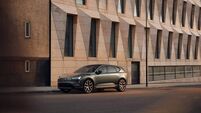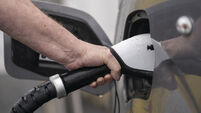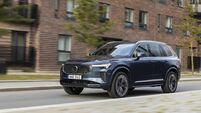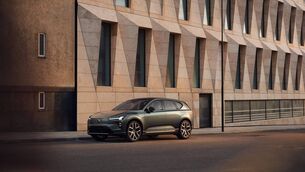Ireland’s EV revolution is accelerating, but Government support must keep pace

Barriers to the take-up of electric vehicles include range anxiety and lack of charging infrastructure.
Electric cars are set to become a lot more visible on Irish roads in the next few months, but advocates from a variety of areas want the Government to ensure we see even more of them in future.
We’re nearing 200,000 of them already — admittedly still only a small portion of the overall fleet — and now they’re going to stand out a lot more from the crowd.







